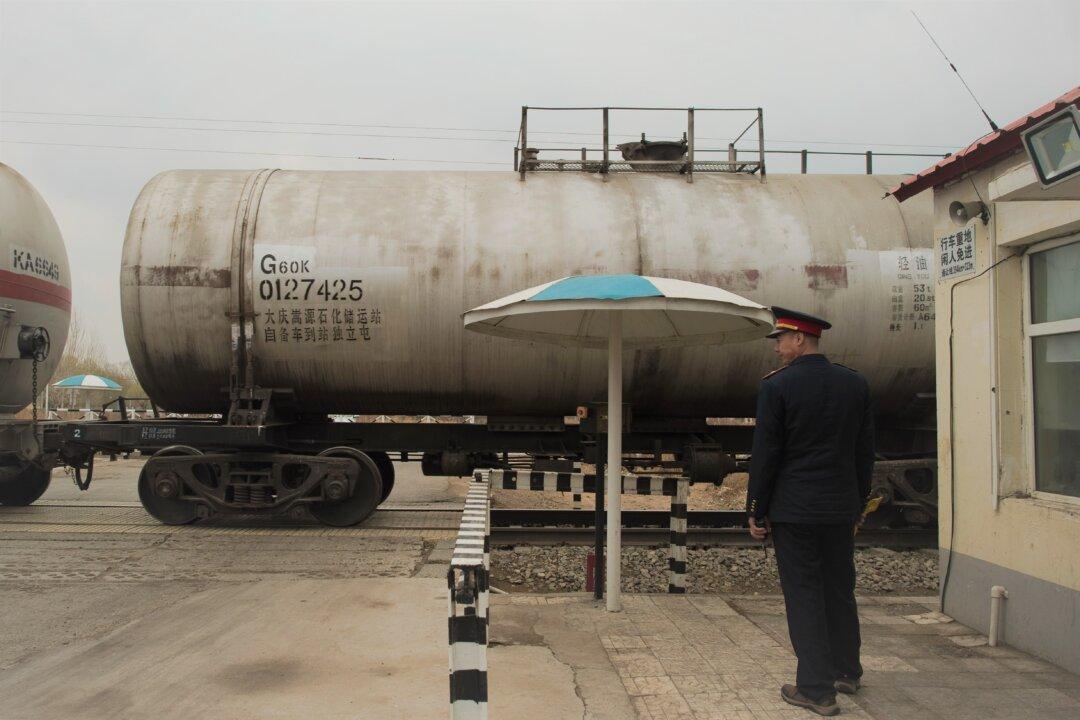Calgary Mayor Naheed Nenshi, a number of Calgary city officials, several academics, and a now-former mayor of St. John’s are all on a list of targets that Chinese officials hope to influence to further the communist regime’s interests.
The list, disclosed in a leaked government document recently obtained by The Epoch Times, reveals names spanning a wide range of sectors and countries in which the Chinese regime seeks to “cultivate talent.”






